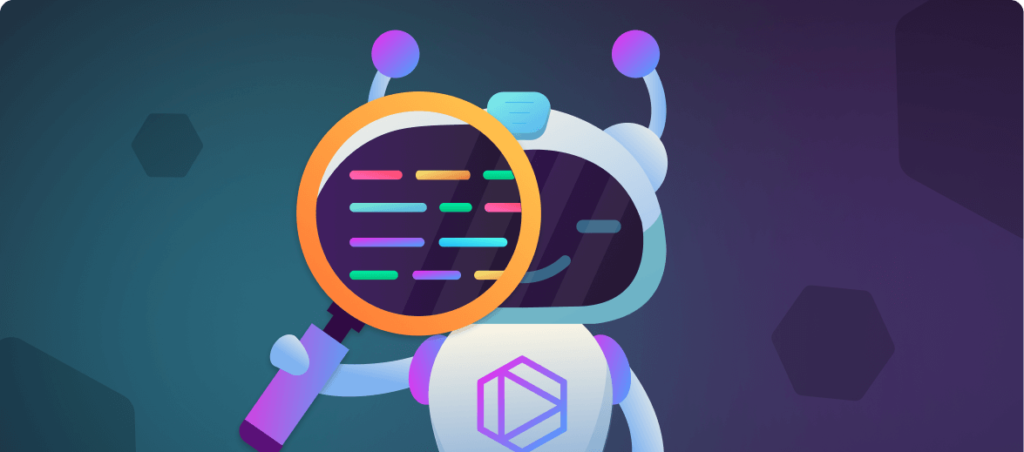Artificial Intelligence (AI) is transforming numerous sectors, and software development is no exception. One of the most significant impacts of AI in this field is its role in automated code review and quality assurance (QA). By leveraging machine learning algorithms and AI-driven tools, software development teams can enhance their productivity, accuracy, and overall code quality, making the development process more efficient and reliable.
Enhancing Code Review Efficiency
Traditional code review is a labor-intensive process where developers manually examine code for errors, adherence to coding standards, and potential improvements. This process, while essential, can be time-consuming and prone to human error. AI-driven tools are designed to automate much of this work, providing a more efficient and consistent approach to code review. These tools use machine learning models trained on vast datasets of code to identify patterns and common issues. They can automatically detect syntax errors, potential bugs, security vulnerabilities, and deviations from coding standards, providing instant feedback to developers. This automation reduces the time required for code review and allows developers to focus on more complex and creative aspects of their work.
Improving Code Quality
AI tools do not just identify errors; they also offer suggestions for improvement. For instance, AI can analyze code to suggest refactoring opportunities, which can improve the code’s readability and maintainability. It can also recommend optimizations for performance enhancements. By incorporating AI into the code review process, developers receive actionable insights that go beyond mere error detection. This proactive approach to code improvement leads to higher quality software that is easier to maintain and extend.
Learning from Historical Data
One of the key advantages of AI in automated code review is its ability to learn from historical data. Machine learning models can be trained on large codebases and historical review comments to understand what constitutes good code. These models can then apply this knowledge to new code, providing feedback that is informed by the best practices and standards observed in previous projects. This learning capability means that AI tools can continually improve their performance over time, becoming more effective as they are exposed to more data.
Ensuring Consistency in Reviews
Human reviewers can have varying levels of expertise and different perspectives on what constitutes good code. This variability can lead to inconsistent feedback and potential oversights. AI-driven code review tools provide a standardized approach to reviewing code, ensuring that all code is evaluated against the same criteria. This consistency is particularly valuable in large development teams where maintaining uniform coding standards can be challenging. By providing uniform feedback, AI helps ensure that the codebase remains consistent in style and quality, regardless of who writes the code.
Detecting Security Vulnerabilities
Security is a critical aspect of software development, and AI plays a vital role in enhancing security through automated code review. AI tools can be trained to recognize common security vulnerabilities, such as SQL injection, cross-site scripting (XSS), and buffer overflows. By scanning the code for these vulnerabilities, AI can help developers identify and address potential security issues early in the development process. This early detection is crucial for preventing security breaches and ensuring that the final product is secure.
Supporting Continuous Integration and Continuous Deployment (CI/CD)
In modern software development, the principles of Continuous Integration and Continuous Deployment (CI/CD) are essential for maintaining agility and rapid delivery cycles. AI-driven code review tools integrate seamlessly with CI/CD pipelines, providing real-time feedback on code changes as they are committed. This integration ensures that code quality checks are performed continuously, rather than as a separate, time-consuming process. By automating these checks, AI supports faster release cycles and helps teams deliver high-quality software more frequently.
Reducing Technical Debt
Technical debt, the accumulation of suboptimal code that needs to be refactored or rewritten, is a common challenge in software development. AI-driven code review tools can help manage and reduce technical debt by identifying problematic code patterns early. By continuously monitoring the codebase and providing suggestions for improvement, these tools help developers address issues before they become significant problems. This proactive approach to managing technical debt ensures that the codebase remains healthy and maintainable over time.
Facilitating Knowledge Transfer
In large development teams, knowledge transfer can be a challenge, particularly when experienced developers leave and new ones join. AI-driven code review tools can help mitigate this issue by capturing the knowledge embedded in historical code reviews and applying it to new code. This capability ensures that best practices and coding standards are consistently applied, even as team members change. By acting as a repository of coding knowledge, AI tools support the onboarding of new developers and help maintain continuity in the development process.
Enhancing Developer Productivity
By automating routine tasks and providing instant feedback, AI-driven code review tools free up developers to focus on more complex and value-added activities. This increased productivity not only accelerates the development process but also enhances job satisfaction for developers. With AI handling the mundane aspects of code review, developers can engage in more creative problem-solving and innovation, leading to better software products.
From Our Editorial Team
Our Editorial team comprises of over 15 highly motivated bunch of individuals, who work tirelessly to get the most sought after curated content for our subscribers.


